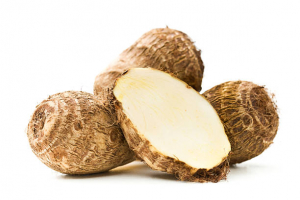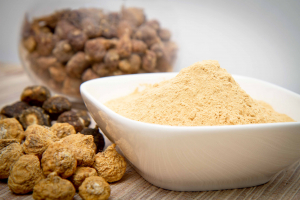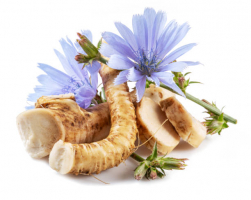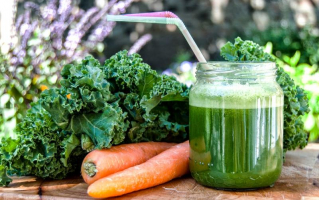Top 8 Health Benefits of Lotus Root
Lotus root is an aquatic plant that grows mostly in Southern and Eastern Asia. Its roots grow at the bottom of rivers, lakes, and streams, while the blossom ... read more...emerges and sits on the water's surface. The lotus root has a variety of benefits for your health and some you may not know. Here are the best lotus root health advantages. Read on for more information.
-
Many flavonoid and alkaloid chemicals found in the lotus plant may serve as antioxidants. Antioxidants aid in the neutralization of reactive chemicals known as free radicals. When free radicals accumulate in your body, they can produce oxidative stress, which damages cells and leads to the development of illness. Lotus contains antioxidant substances such as kaempferol, catechin, chlorogenic acid, and quercetin. Lotus appears to have the most antioxidant activity in its seeds and leaves.
While research on the human health consequences of lotus consumption is scarce, it is considered that these antioxidant chemicals may protect against illnesses caused by oxidative stress. They may, in particular, have anti-cancer properties, protect against Alzheimer's disease, and prevent liver damage. In one test-tube investigation, the leaves, petals, and stamen — the plant's pollen-producing parts — were discovered to have high antioxidant activity and to block enzymes linked to Alzheimer's disease.
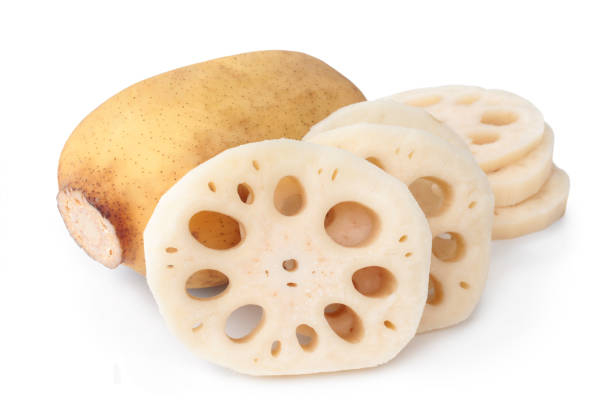
Have antioxidant properties 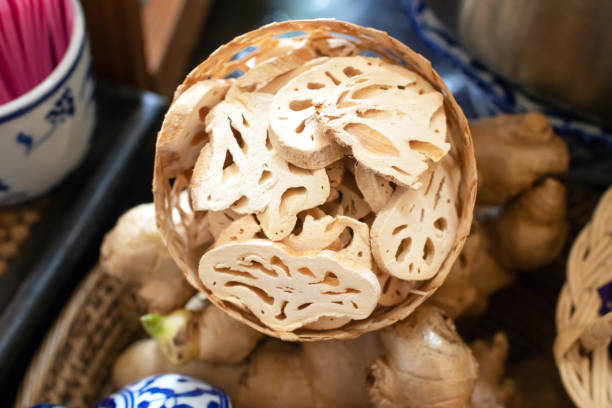
Have antioxidant properties -
Lotus extract may possibly have anti-inflammatory effects. Chronic inflammation can be caused by a long-term illness, toxic exposure, a poor diet, smoking, and a lack of exercise. Inflammation, over time, can cause tissue damage and lead to illnesses such as blocked arteries and heart disease, cancer, and diabetes. Inflammatory processes in your body include macrophage cells. Pro-inflammatory cytokines, which are tiny proteins that signal immunological responses, are secreted by macrophages.
Some lotus components, including quercetin and catechin, have been shown in studies to help prevent or attenuate these inflammatory processes. These anti-inflammatory activities may be exhibited by extracts of lotus leaves and seeds. In one research, lotus leaf extracts were shown to suppress pro-inflammatory chemicals such as tumor necrosis factor- (TNF-), interleukin 6 (IL-6), nitric oxide (NO), and prostaglandin E2 (PGE2). Another study employing mouse cells discovered that lotus seed and leaf extracts reduced the expression of pro-inflammatory genes.
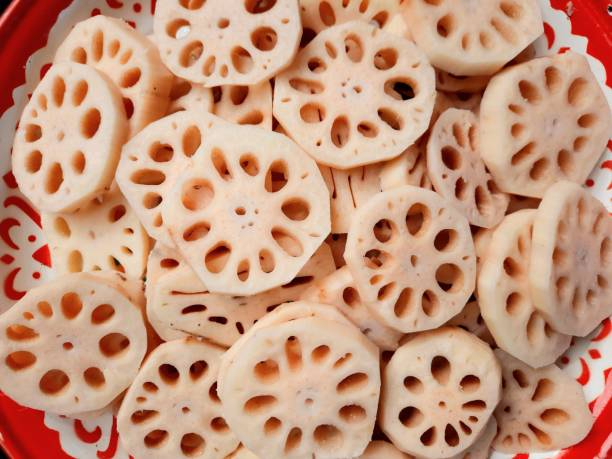
May fight inflammation 
May fight inflammation -
Lotus has been examined for its antibacterial properties, especially its ability to combat germs in the mouth. The exact mechanism by which lotus demonstrates antibacterial qualities is unknown, although the numerous beneficial chemicals it contains are likely to play a role. According to research, lotus leaf extract helps combat the bacterial species that cause cavities and gum infections.
As a result, it has the potential to be used as an ingredient in toothpaste and other oral care products. It should be noted, however, that these experiments were carried out in test tubes. Human studies are needed to further understand the potential of lotus to cure oral infections.
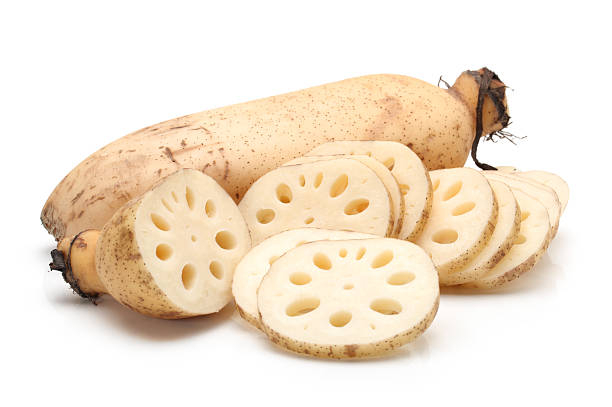
Act as an antibacterial agent 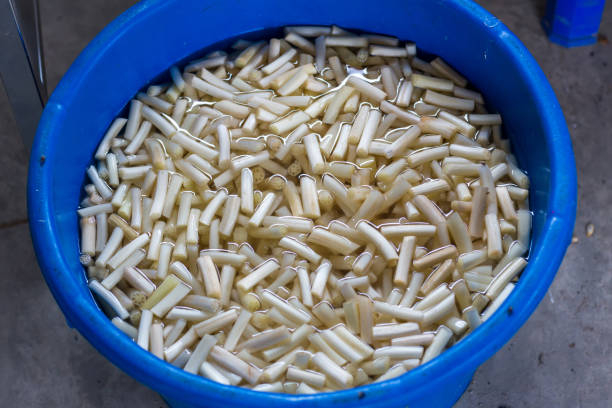
Act as an antibacterial agent -
Animal studies show that lotus chemicals may help decrease blood sugar levels. High blood sugar levels are frequent among diabetics and can lead to issues. According to one study, lotus leaf extract decreased blood sugar levels in diabetic rabbits much more than regular diabetes medicine. Another study found that mice given lotus seed extract had lower blood sugar levels. Furthermore, in rats with gestational diabetes, a polysaccharide, a kind of carbohydrate, derived from lotus leaf lowered fasting blood sugar levels.
Although the exact mechanism is unknown, it is thought that the anti-diabetes properties of lotus extracts are due to the antioxidants they contain. Keep in mind that, like with the majority of lotus research, further human studies on the plant's influence on blood sugar are required. Animal studies indicate that lotus extracts may help decrease blood sugar levels. As such, it has the potential to help with diabetes management, albeit additional study, particularly in people, is needed.

May help lower blood sugar 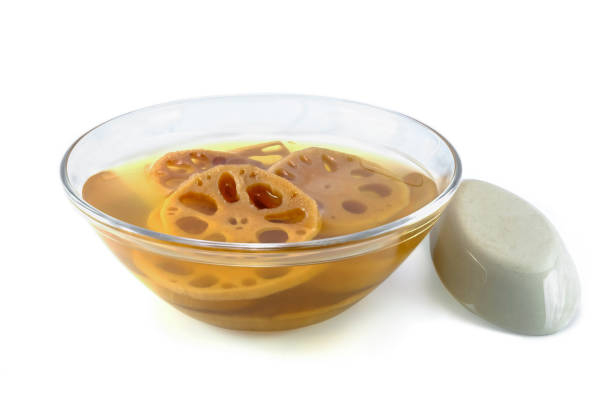
May help lower blood sugar -
As part of a healthy diet, lotus root can help to improve blood circulation and energy levels. The iron and copper content of lotus roots is high, and they are both essential components of red blood cell synthesis, lowering the risk of developing anemia and enhancing vitality and blood flow.
Pyridoxine is a vitamin B complex component that is hypothesized to directly interact with the brain's neural receptors, which impact mood and mental states. It is considered to reduce irritation, headaches, and stress levels in traditional medicine. Lotus flowers are frequently associated with peace and tranquillity, yet it is the lotus root that provides the calm that people seek.

Help improve blood circulation and reduce stress 
Help improve blood circulation and reduce stress -
Similar to other foods that contain considerable amounts of potassium, such as potatoes, tomatoes, and avocado, the concentration in lotus root is high. Adequate levels of potassium in the diet are essential in healthy persons to maintain a normal balance of fluids in the body and to counteract the effects of salt in our circulation. Potassium is a vasodilator, which means it relaxes the blood vessels. Thus, by reducing contraction and stiffness, it can aid in increasing blood flow and reducing the load on the cardiovascular system. Potassium is also required for neuronal function and the movement of fluid and blood in the brain.
The woody, fleshy lotus root contains dietary fiber, which is believed to bulk up the stool and speed up bowel motions. Adequate dietary fiber can help minimize constipation symptoms while also improving nutritional absorption. This might be accomplished by enhancing the production of digestive and gastric juices, as well as generating peristaltic activity in the intestinal muscles, allowing for easy and regular bowel motions.

Help regulate blood pressure and improve digestion 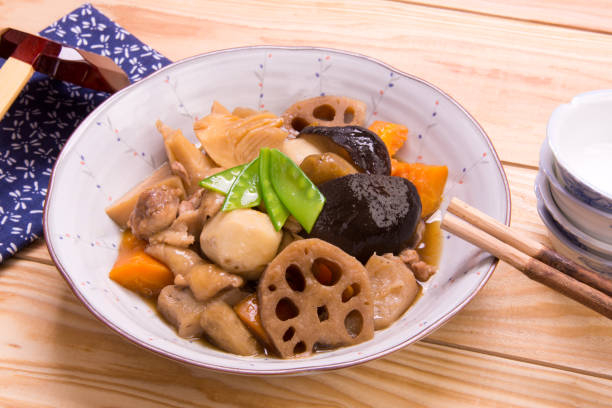
Help regulate blood pressure and improve digestion -
When it comes to the nutritious composition of lotus root, vitamin C is a standout. One hundred grams of lotus root provides 73% of your daily intake of this potent antioxidant vitamin. Vitamin C is an essential component of collagen, which helps to preserve the integrity and strength of our blood vessels, organs, and skin. It is also a powerful immune system booster. Furthermore, vitamin C has the ability to neutralize free radicals in the body, which are harmful byproducts of cellular metabolism that may raise the risk of chronic disorders such as cancer and heart disease.
Lotus roots are an excellent alternative for persons who are wanting to lose weight. By incorporating low-calorie meals high in nutrients and fiber, you may obtain all the nutrition you need while still feeling full, reducing the odds of overeating and thereby managing obesity.
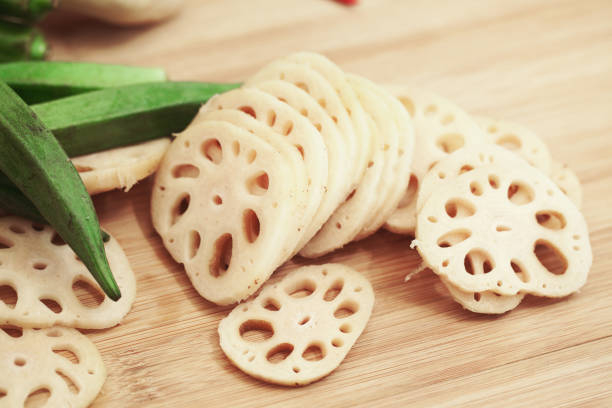
Rich in vitamin C and aid in managing weight 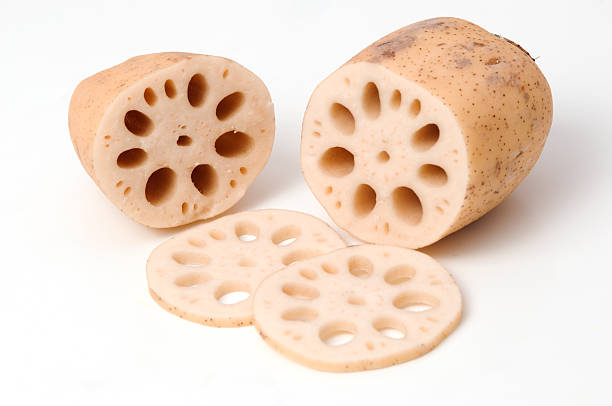
Rich in vitamin C and aid in managing weight -
Lotus root has been proven to be a good source of vitamin C, delivering 73% of the daily requirement. Vitamin C is an essential component of a balanced diet since it promotes general health and various bodily processes. Getting adequate vitamin C strengthens your body's immune system by protecting it from viral infections and free radicals.
Riboflavin, niacin, pyridoxine, folate, thiamine, and pantothenic acid are all found in the lotus root. Each B-vitamin is essential for your health. Riboflavin is an essential nutrient because it produces energy and healthy red blood cells. Niacin is required for cholesterol reduction. Lotus root is a good source of minerals, with a high copper concentration. Copper promotes iron metabolism and keeps blood vessels robust, elastic, and healthy. Iron, another mineral present in lotus root, aids in copper metabolism and is required for red blood cell synthesis.
Zinc, another element contained in lotus root, aids in hormone balance and muscular function. Another nutritional advantage of eating lotus root is magnesium, which helps to alleviate anxiety, avoid migraine headaches, and enhance vitality. Lotus root includes calcium, which is necessary for strong bones and good teeth. Finally, the manganese component of the lotus root is beneficial to bone health and inflammation reduction.

High in nutrients 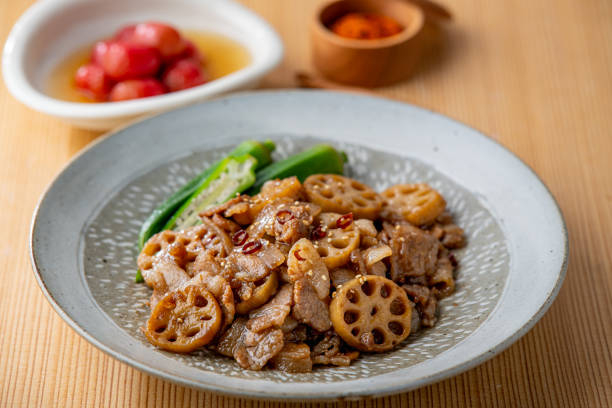
High in nutrients










